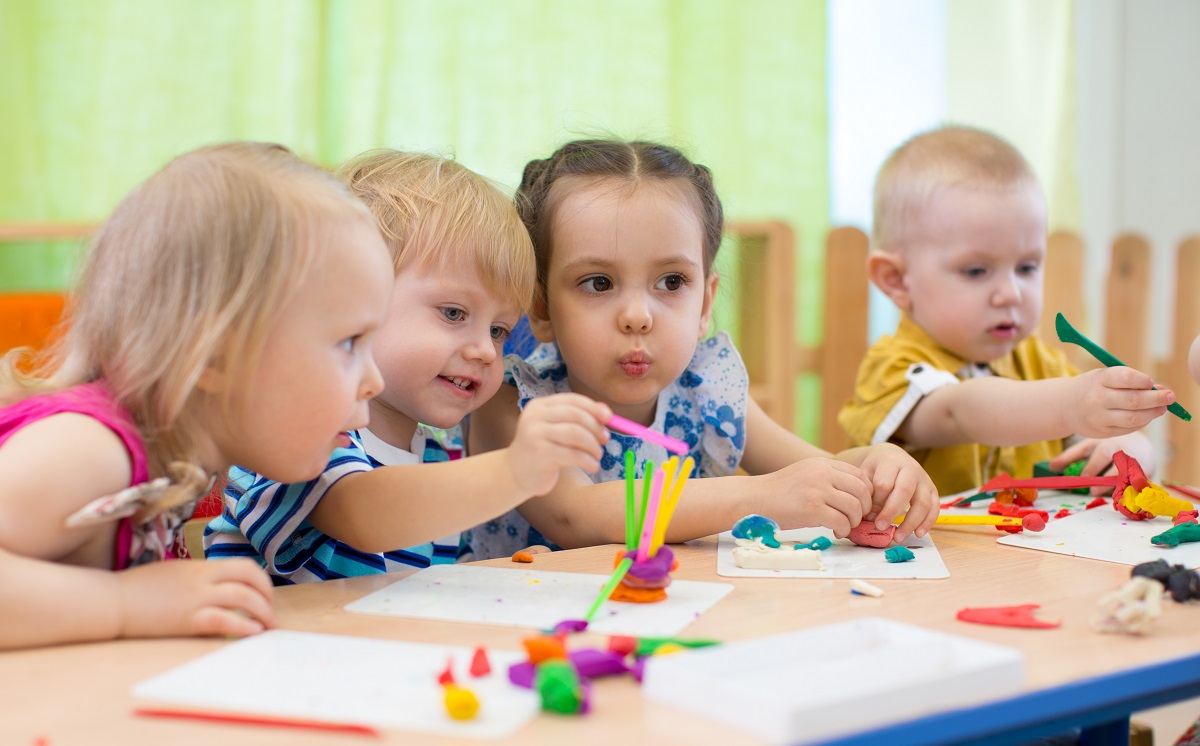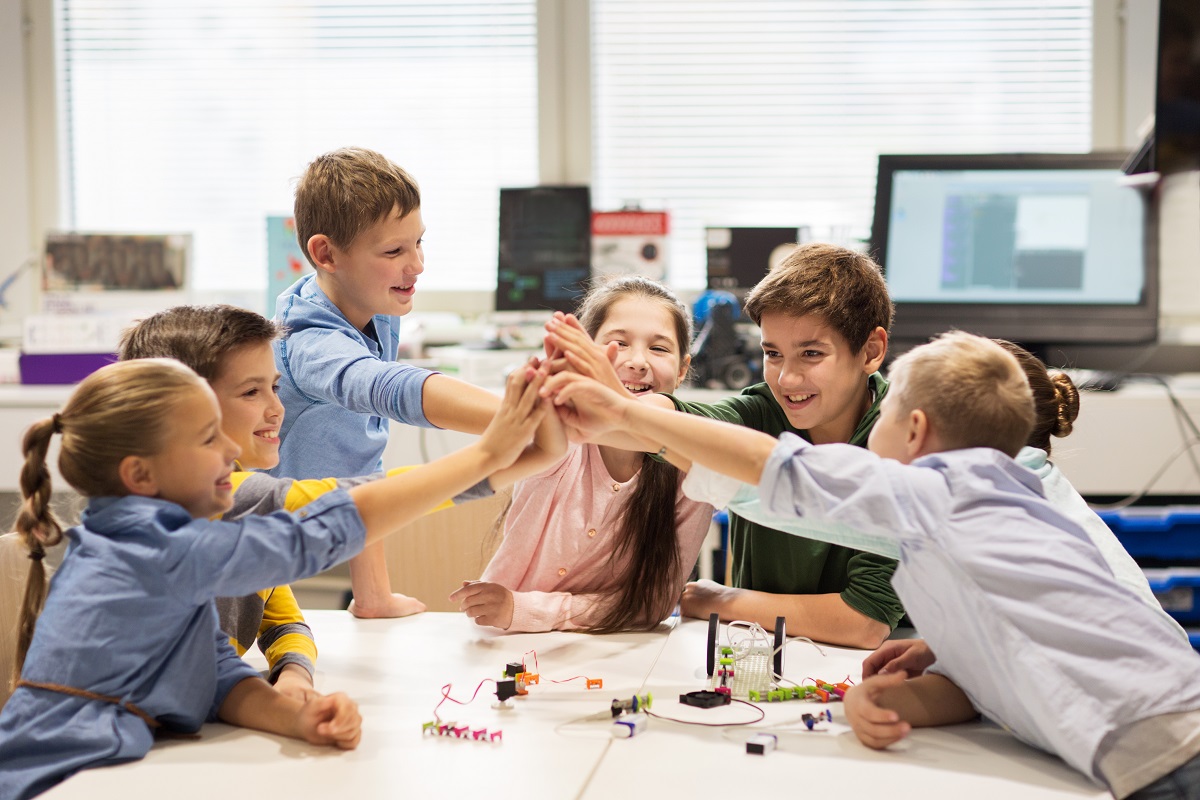- Enhancing communication skills in children is vital because they need to be able to express themselves and relate to others.
- Learning to manage emotions is crucial for their emotional and social development.
- Making friends and maintaining relationships are key components of social skills.
- Teaching children social etiquette can help them create positive impressions.
- Encouraging constructive criticism helps them learn from their mistakes.
As children grow and become more independent, they must develop social skills that will help them build positive relationships with others. Social skills play a vital role in fostering better interpersonal relationships and boosting self-esteem and self-confidence, leading to a healthier and happier life. Here is the importance of promoting social skills in children and how to encourage them to improve them.
Enhancing communication skills in children is important
Practical communication skills are essential for children to express themselves and relate to others adequately. They learn to listen to others and understand their perspectives, needs and wants must be respected and valued.
It is essential for them to learn to communicate their feelings, thoughts, and needs clearly. This can be done by encouraging activities like storytelling and playing group games where they must collaborate and present their ideas and opinions toward problem-solving.
Learning to manage emotions
Teaching children to manage their emotions is crucial to their social development. They must know their emotional responses and learn to express them appropriately in different situations.
When emotionally intelligent, they handle themselves better, even in challenging situations. Parents can teach them about different emotions, how to deal with them, and reframe negative thought patterns to provide a sense of control.
Making friends and maintaining relationships

Social skills help children build new friendships and maintain existing relationships by bringing age-appropriate activities to enjoy and learn new things with friends. Encourage children to take turns, remember to share, respect others’ viewpoints, and show empathy. Start with parents playing with them, then gradually move to group activities where children can interact and learn about emotions, social boundaries, and body language.
Teaching Social Etiquettes
Good manners always create a good impression and help build a positive character. Therefore, teaching children the importance of greeting, respecting others’ property, and following rules at school and home provides a foundation in social etiquette. Small things such as bringing gifts for friends, giving compliments, and saying thank you, being courteous are essential.
Encouraging constructive criticism
Open feedback positively helps children improve their behavior, relationships, and communication skills. Encouraging communication of constructive feedback, such as explaining setbacks, mistakes and listening why someone said or did something works independently and guides children to learn from mistakes.
Tips for Parents
When teaching children social skills, there are many methods and techniques that can be implemented. Here are some tips for how to foster social skills in children:
Be a role model
Children love to imitate their parents. As a parent, you are the primary role model in your child’s life. How you interact with people and behave in different social situations can enormously impact how your child develops their social skills. Model positive behavior by showing your child how to interact politely with others, how to listen attentively, and how to handle conflict in a constructive way.
Start early
The earlier you start teaching your child social skills, the better. From a very young age, you can help your child develop social skills by exposing them to different social situations. And what better way to do this than by enrolling them in daycare or preschool programs, where they can learn social skills from their peers and grown-ups? Daycare programs can also help your child learn about different emotions, how to handle them, and how to interact with others.
Encourage empathy
Empathy is a crucial part of developing strong social skills. When your child learns to understand other people’s feelings, they can respond more sensitively to others. Encourage empathy by teaching your child to listen attentively when others speak, expressing gratitude, and acknowledge other people’s feelings.
Build collaborative skills

Collaboration is essential in social situations, from group projects to playing with friends. Teach your child collaboration skills by encouraging teamwork in games and activities. Praise their efforts to work together, regardless of the outcome.
Practice social skills
Like any other skill, social skills need to be practiced regularly. Encourage your child to talk and interact with others by providing situations where they can practice their skills. These can include playdates, family gatherings, and after-school clubs.
Social skills are important for children’s cognitive, behavioral, and emotional development, shaping their personalities and interactions in the future. Parents can start encouraging social development by creating new opportunities to work on different social aspects. Celebrate small achievements and be patient with children’s progress. Equipping children with social skills will allow them to build better relationships, live happy, and fulfilling lives.
